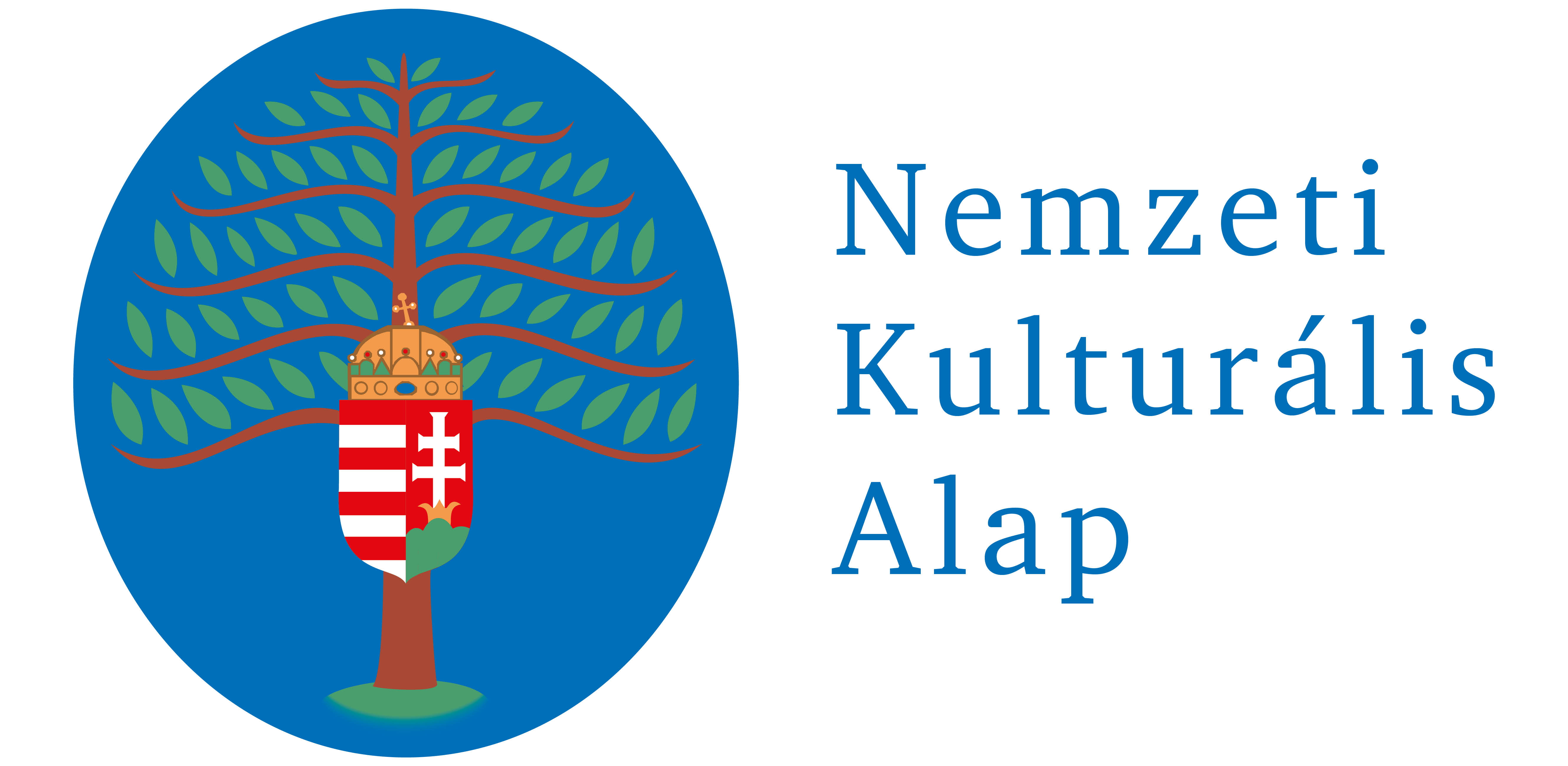Naptár
2024. április 15–19.
2024. április 20.
Eötvös József Kárpát-medencei középiskolai szónokverseny
2024. április 24. – május 3.
Tovább...
3. 2020.
Abstracts in English
Studies
Kas, Bence – Lukács, Ágnes
„How shall I say?” Developmental language disorder and its effect on development
Developmental language disorder is a hidden developmental disorder detected in difficulties in first language acquisition, in the use of first language in speech and writing. This disorder concerns 7% of the children, with most children it also remains in the adulthood and it has a long-term effect on development due to their restricted social interaction and verbal learning. Informing parents and experts, the early discovery of the disorder, targeted speech therapy, and the supporting family and pedagogical environment all play an important role in the support of children concerned. This study introduces the phenomenon of developmental language disorder, the early signs, the most typical symptoms, and the main reasons of the formation of the disorder. It also discusses problems arising from its hidden nature, the challenges on how to identify the disorder, and the typical longer-term consequences. It discusses one by one the fundamental steps of logopaedic services, the observation criteria applicable at school, and the bases of supporting strategies.
Kaján, Anna – Deme, Andrea
Language attitude test among fifth-grade and twefth-grade students
This research project has investigated the explicit (openly communicated attitude and implicit (hidden) attitude of students towards dialects. These students of grade five and grade twelve went to school in Gödöllő, a city near Budapest. According to our preliminary hypotheses, explicit attitude and implicit attitude are unanimously judgmental in the case of younger children, whereas negative opinion is shown only in the implicit attitude of older students as the presumed social and cultural expectations are stronger in their case. Results show that although younger children are indeed more judgmental in their explicit attitude, it cannot be stated that a negative opinion is dominant in their implicit attitude. Contrary to the assumptions, students in grade twelve were less judgmental in their explicit attitude than children in grade five and they were slightly more dismissive in their implicit attitude compared to the younger respondents. These results show how extremely important sensitization is, i.e., the shaping of students’ sophisticated thinking on language varieties.
Workshop
Tuba, Márta
The motivational force of evaluation and examination
This study compares the performance of two classes in a secondary school in the county of Pest taking the school-leaving exam in Hungarian language and literature in two subsequent years. The starting point of the investigation was the institutional pedagogical practice which measured student performance with the central taskheets of the intermediate-level school-leaving exam. The study presents what given opportunities the author has used in the test preparation training and what she has modified, based on the needs of the class. The aim of the survey is to show how children can be motivated in various ways to achieve a better result (1) with more frequent testing, (2) with regular textual evaluation of exams after finishing a topic and (3) with modifying the work at a first-language class. The study also touches upon the issue of how achieving the original objective was affected by the new teaching conditions after March 2020.
Murányi, Sarolta
Possibilities of developing narrative skills at preschool age
The development of narrative skills is a key area in speech development. This skill develops immensely when children are at preschool age. The majority of the children get from loosely combined short sentences to the creation of complex and coherent narratives by the end of the kindergarten years. Findings of national and international research show that there are significant individual differences in the production of oral texts among pre-schoolers. Later these differences also influence children’s performance at school. International research shows that it is worth raising awareness of as well as teaching the structure of narratives. This study presents the development of narrative skills at preschool age. In addition, it contains a collection of exercises that may purposefully develop and make children more aware of their story-telling skills.














